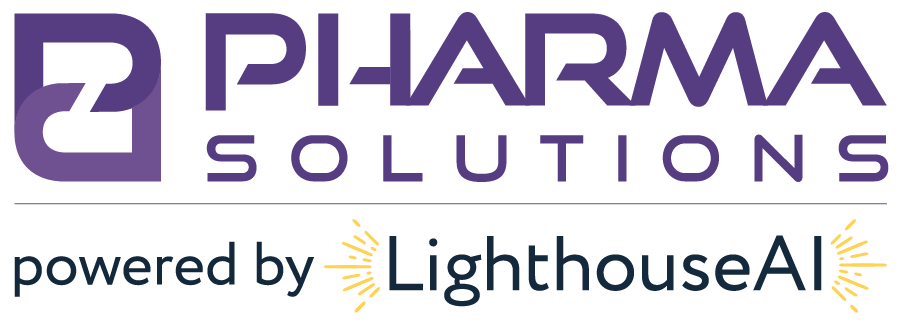New York Opioid Tax & Minnesota Regulatory Fee Changes
As the changes to state laws per DSCSA continues to sweep the country, the Opioid Epidemic has now also begun to significantly impact the state regulation of the pharmaceutical supply chain.
Specifically, state governments have pointed the blame of the Opioid Epidemic at pharmaceutical manufacturers and distributors; and now, between new legislation and existing lawsuits, they are looking at the same companies to foot the bill for their response to the epidemic.
Minnesota Changes
Perhaps the most obvious proof of this approach is the “Sunset Clause” provision in Minnesota’s 2019 Legislation.
Opioid drug manufacturers will have their annual registration fees increased to $55,260. Additionally, opiate product manufacturers with Minnesota sales of more than 2 million units in a year will be required to pay an opiate product registration fee of $250,000. It is not clear whether that fee is per product, per NDC, or per manufacturer – which would significantly impact market mechanics. Under this fee structure, Manufacturers may have to build an extra $300,000 per year, just to sell to Minnesota residents.
However, the “Sunset Clause” demonstrates the focus on responding to the epidemic. Simply put, if Minnesota receives a sum total of $250 million from the increased fees and/or lawsuits, then the annual registration will decrease by $50,000 annually and the product registration fee will be discontinued.
New York Opioid Tax – Round 2
New York passed Opioid Tax legislation in March 2019. The bill imposes a one-cent per milligram surcharge on opioid prescriptions to fund statewide drug addiction prevention, treatment, and recovery programs.
This is the second time Opioid Tax legislation has been passed in New York because the first tax was ruled unconstitutional for violating interstate commerce laws, specifically because the law prevented the cost being passed to New York consumers but not consumers from other states.
Enforcement of the Opioid Tax is likely a ways off. Now that the law has passed, it will take at least a few months for the NYSED Board of Pharmacy to figure out how to promulgate rules, and then another few months before implementation and enforcement.
Maintaining Compliance: Marina Monitor
It is extremely important for healthcare and life sciences companies to have compliance programs dedicated not just to federal rules and regulations, but to the evolving set of state laws and guidelines, as state investigators have increasingly begun to get off the sidelines and prosecute conduct historically enforced by the federal government. Pharma Solutions routinely advises firms on compliance with the patchwork of state laws, rules, and regulations. Reach out today.
About Us
Based just outside of Philadelphia, Pharma Solutions provides actionable guidance and excellent administrative services with a focus on client care across Compliance, Commercial, and Quality solutions. Our mission is to improve the health and welfare of the American public by providing solutions and implementing best practices for companies in the pharmaceutical supply chain.




0 Comments